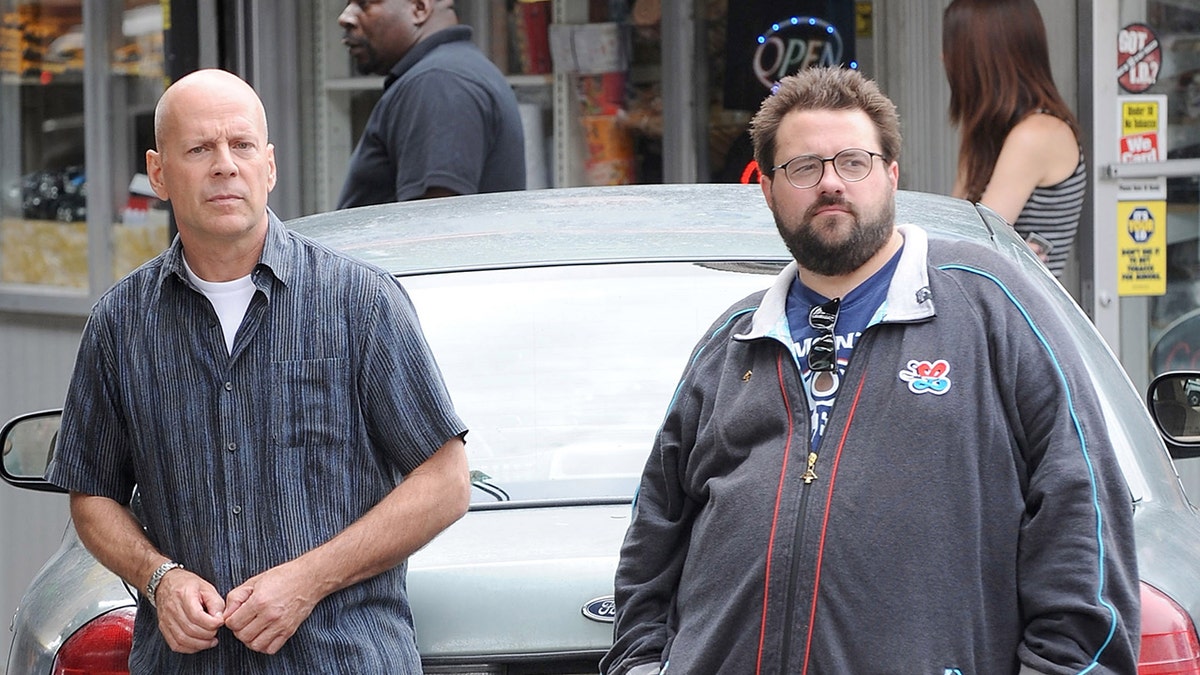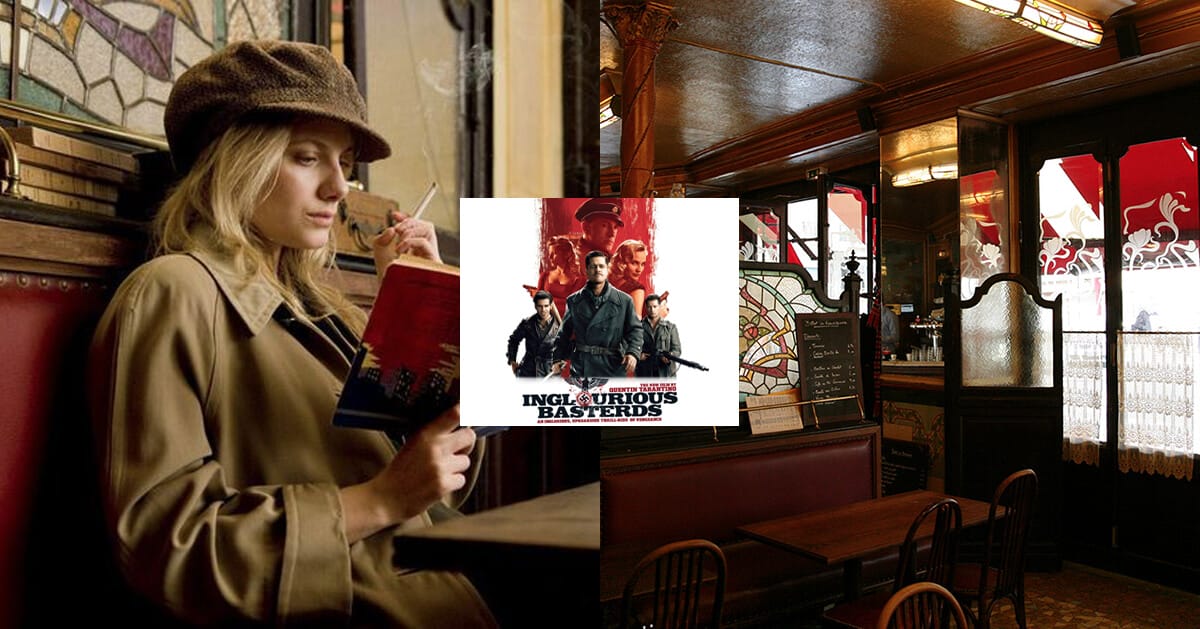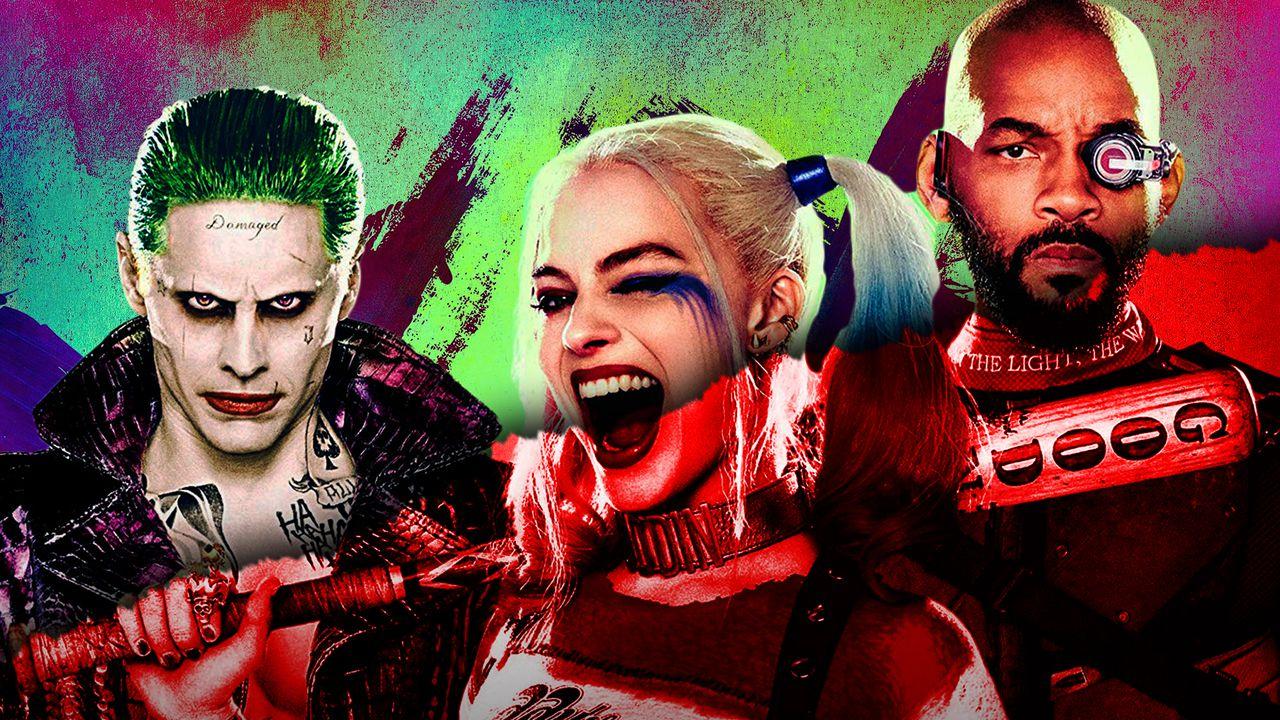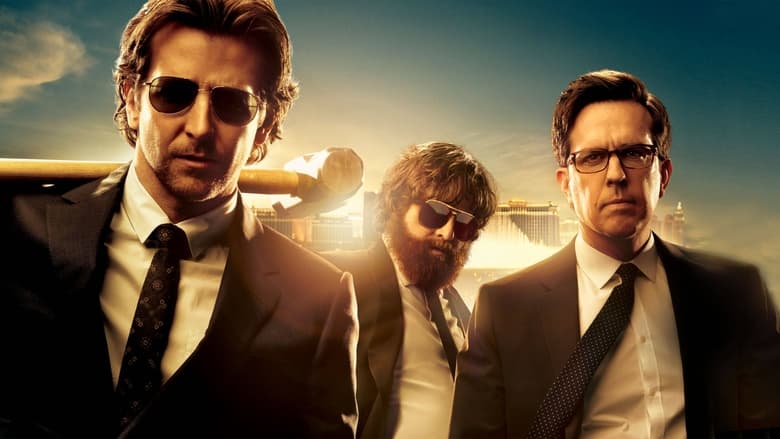12 Times Filmmakers Clapped Back at Critics: Critics matter now more than ever. In the past, there were no aggregate scores of reviews because sites like Rotten Tomatoes and Metacritic didn’t exist. For decades, audiences watched anything they could find without first stopping to see if the papers were full of praise but nowadays, reviews partially determine how well a movie will perform at the box office or the number of streams it will get.12 Times Filmmakers Clapped.
Consequently, filmmakers care more about what the critics have to say. Success or failure is now not only determined by earnings and accolades alone but also by veneration from media houses and websites. And even though most directors soak up the criticisms and vow to do better next time, a few others have reacted harshly whenever they felt their work was being misunderstood. 12 Times Filmmakers Clapped.
12. James Gray — The Immigrant (2013)

James Gray has made more good movies than bad ones and at the moment, only three of his projects are considered “rotten” on Rotten Tomatoes. The director has understandably become so used to being commended that he lashed out when The Guardian’s Peter Bradshaw gave a negative review of The Immigrant after the Cannes Film Festival.
He added that Bradshaw’s decision to make fun of a singing scene in the movie didn’t make sense because it “is actually the recreation of an actual event.” 12 Times Filmmakers Clapped.
Gray’s anger was surprising considering that the film mostly received positive reviews and scored 83% on the Tomatometer. However, he had a point because it’s not a crime for a director to try and ensure his film is as historically accurate as possible. Perhaps Gray could have shot it better, but given that many other critics were okay with what he did, the verdict favors the filmmaker more than the critic in this scenario.
11. Kevin Smith – Cop Out (2010)

Bad reviews are nothing new for Kevin Smith, yet Cop Out was so poorly received that the filmmaker became incensed. Smith opted for the “it was never that serious” kind of argument, claiming that he only intended for buddy comedy to be a fun, guilty pleasure flick. As reported by IndieWire, the director felt that “writing a nasty review for Cop Out is akin to bullying a ret*rded kid.” He added, “People are free to talk sh*t about any of my flicks, so long as they paid to see it.” 12 Times Filmmakers Clapped.
It’s difficult to defend Smith here, given the angle of his argument and his choice of wording. After all, it’s highly unlikely that any director ever chooses to make a big movie just for fun. Additionally, his claim that only audiences should be allowed to give negative reviews is debatable because, in every industry, there is always a select body whose job is to analyze quality and give recommendations.
10. Quentin Tarantino – Inglourious Basterds (2008)

Quentin Tarantino is possibly one of the best directors working today. Understandably, this has made him develop an ego, to the point where he believes critics can’t match his intelligence. In an interview with GQ, he declared, “I respect criticism, but I know more about film than most of the people writing about me,” adding, “I’m a better writer than most of the people writing about me. And I can write film criticism better than most of the people writing about me.”
The first part of Tarantino’s remark is correct while the rest is debatable. But history has often favored him over the critics if box office and award ceremonies are any indication; take, for instance, the early negativity surrounding the release of Inglourious Basterds. Though it initially felt like the movie would be a dud, it turned out to be one of the best in the director’s illustrious career. 12 Times Filmmakers Clapped.
9. David Ayer – Suicide Squad (2016)

In all fairness, Suicide Squad isn’t a good superhero movie and fans have always been skeptical about David Ayer’s claims about the director’s cut being much better. When the movie came out, the director accepted most of the negative reviews but after sucking it in for a while, a tweet by IndieWire’s David Ehrlich, posted three years after the release, made him flip out.
According to Den of Geek, the critic was reacting to an announcement that a sequel by James Gunn was being made. Ayer shot back, insisting that it was wrong to “be hammered for something that was not my original vision.” 12 Times Filmmakers Clapped.
It’s yet another instance where the director was justified in his reaction because the critic’s words were not only overflowing with bile, but they also hadn’t been presented professionally. Furthermore, time proved the critic wrong because Gunn’s Suicide Squad follow-up turned out to be so good that the director was even given responsibility over the entire franchise.
Also Read.
- Top 10 Fighting Games For Android & ISO
- BGMI Download in Latest Version For Android
- Top 10 Minecraft Seed Maps & How To Some Than
- Top 10 Free Car Racing Game For Mobile & PC
- Free Fire Max Highest Kill World Record Kills in Free Fire
8. Vincent Gallo – The Brown Bunny (2003)

Among the movies that stirred controversy before their release is Vincent Gallo’s The Brown Bunny. The director also served as one of the two leads and in the film’s climax, he opted for a 10-minute oral sex scene between him and actress Chloë Sevigny. Questions were raised regarding the ethical aspect of it all, with many wondering whether Sevigny gave her consent. And among the people who called out Gallo the most was renowned critic Roger Ebert. 12 Times Filmmakers Clapped.
Gallo got so personal to the point of fat-shaming. According to The Guardian, he labeled Ebert a “a fat pig with the physique of a slave trader.” The critic didn’t take the punch lying down. He delivered a retort, stating that “watching a colonoscopy video was more entertaining than watching The Brown Bunny.” Maybe both men were out of line, but there’s no denying that Ebert’s comeback was legendary, and that it was his job to express his opinion of the film.
7. Dan Fogelman – Life Itself (2018)

When a director makes a movie that employs themes such as mental health, sexual abuse, and parenthood, they expect accolades, not harsh criticism. One can, therefore, understand Dan Fogelman’s decision to lash out after most reviews of Life Itself (which ironically shares the name of a documentary about the aforementioned critic Roger Ebert) turned out to be negative, resulting in an 18% Rotten Tomatoes score. In an interview with TooFab, Fogelman claimed that he hated the “group speak” and that critics “don’t like anything that has any emotion.”
Apart from starring the likes of Olivia Wilde and Antonio Banderas, Life Itself is narrated by Samuel L. Jackson, so Fogelman can be forgiven for believing that this was the kind of film that would ensure Oscar glory. Still, his claim that critics hate anything with emotion is wrong because emotional dramas generally make up the bulk of highly rated movies each year.
6. Alex Proyas – Gods of Egypt (2016)
Sometimes negative reviews destroy filmmakers’ esteem, and ever since Gods of Egypt was panned, Alex Proyas (best known for The Crow, I, Robot, and Dark City) hasn’t made another movie. While it’s still one of the better movies about Egyptian mythology, critics didn’t feel it was anything special and in reaction, the director opted for insults via Facebook, labeling the people behind the reviews as a “a pack of diseased vultures pecking at the bones of a dying carcass.”
Apart from a poor plot, Gods of Egypt had been lambasted for white-washing, something Proyas didn’t feel was corrected. According to him, all the people who felt that way were “deranged idiots.” Obviously, the talented filmmaker ought to have chosen better words, but here is to hoping he handles criticism much better when he makes his much-awaited Hollywood comeback.
5. Uwe Boll – Various Movies

Uwe Boll’s movies are generally despised, and he even has a “Worst Career Achievement” trophy from the Razzies. None of his movies have scored higher than 40% on Rotten Tomatoes, and while he initially seemed okay with that, he eventually flipped out. Feeling the criticism was personal, Boll dared critics to a boxing much to settle things. Surprisingly, four agreed to do it, according to Cinemablend.
Boll managed to knock each of them out, redeeming himself to nobody in the process. “I like now the critics,” the director admitted after the fight. In Boll’s defense, video game adaptations rarely do well and most of his projects fall under that particular category. A change of strategy might work well for him, so hopefully he’ll consider that. He might make a great original action movie if given the chance.
4. Todd Phillips – Hangover Part III (2013)

Todd Phillips has little to complain about lately, thanks to his great work in Joker, but back when he made Hangover Part III, it seemed like his career was tumbling. After he was called out for the threequel’s poor plot, he insisted that critics were frustrated because they didn’t understand how the same characters could face the same predicament more than once. While being interviewed by Vanity Fair, he basically told everyone to deal with it, stating, “It’s going to happen three times. F*** you,”
Both delusion and self-belief were in play here since Phillips believed he was a genius for recycling the same plot again and again, yet everyone else felt he ought to have tried something different. Since he is now working on Joker: Folie à Deux, fans and critics will be hoping that he doesn’t repeat the mistakes that were seen in the Hangover franchise.
3. Rob Schneider – Deuce Bigalow: Male Gigolo (1999)

There is criticism, then there is taking things to the extreme. Well, Rob Schneider wasn’t having it when the Los Angeles Times columnist Patrick Goldstein jokes that the sex comedy, Deuce Bigalow: Male Gigolo was snubbed at the Oscars because there was no category for “Best Running Penis Joke Delivered by a Third-Rate Comic.” The director clapped back via full-page ads on The Hollywood Reporter and Variety.
Schneider got personal, first taking aim at Goldstein’s alleged lack of accolades by writing, “I went online and found that you have won nothing. Absolutely nothing. No journalistic awards of any kind.” He went on, “Maybe you didn’t win a Pulitzer Prize because they haven’t invented a category for Best Third-Rate, Unfunny Pompous Reporter Who’s Never Been Acknowledged by His Peers.”
As expected, the attack didn’t go down well with other popular critics. The famous Roger Ebert offered some backup, writing, “Speaking in my official capacity as a Pulitzer Prize winner, Mr. Schneider, your movie sucks.”
2. Rick Alverson – The Comedy (2012)

Rick Alverson was appalled when the New York Times critic A.O. Scott claimed his metamodern masterpiece, The Comedy, was full of misogyny, racism, and homophobia. Scott further argued that the director embodied all these things because the actions of the characters are never condemned at any point in the film. According to The Ringer, Alverson shot back, insisting that it was wrong for “a critic to demand that director insert condemnations of immoral or aberrant behavior into a film.” He further argued that “expecting a filmmaker to actively cast judgment on his/her characters is a lazy, convenient, arrogant and reckless pursuit.”
Alverson has a point, since there are multiple movies and TV shows where characters do evil things without them being punished. Thousands of immoral characters have appeared in films, yet the directors were never judged for including them. To some, Scott has a point and believe that filmmakers ought to have some sort of moral responsibility so that it doesn’t appear okay for people to do bad things (hence some criticism of Martin Scorsese’s Wolf of Wall Street).
1. Paul Feig – Identity Thief (2013)

Paul Feig’s case is an interesting one because he reacted to a critic’s review of a movie he didn’t actually direct. When the controversial Rex Reed described Identity Thief star Melissa McCarthy as “tractor-sized, Feig shot back on Twitter, posting, “For his catty and school bully name-calling of the supremely talented Melissa McCarthy, I cordially invite Mr. Rex Reed to go f*** himself.”
Feig was justified in his response because he personally knew McCarthy, having directed her in The Heat and Bridesmaids. Besides that, there is never an excuse for fat-shaming. Rex Reed ought to have restricted its criticism to the movie’s quality, which many other critics felt was poor. Identity Thief currently has a 19% Tomatometer score.
